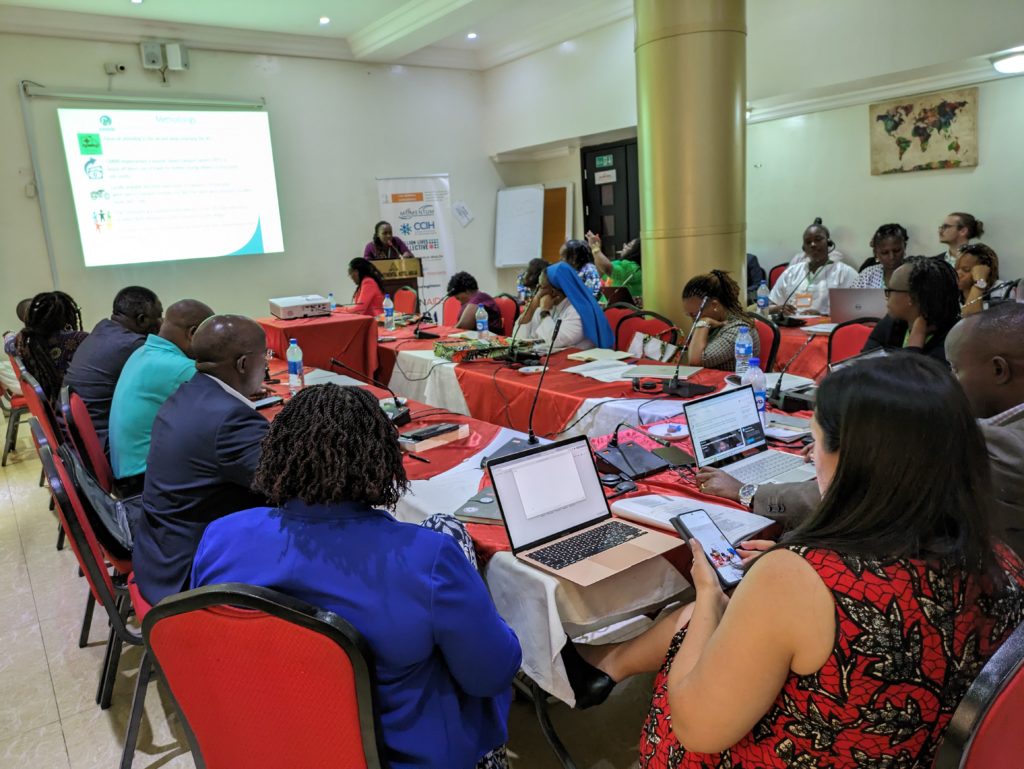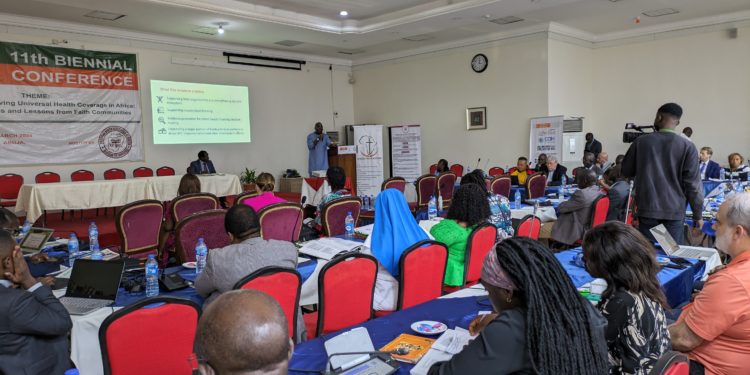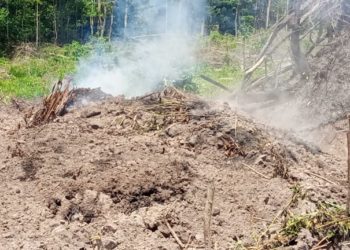By Kemo Cham
Faith Based Organizations (FBOs) in Africa have vowed to strengthen engagement with governments to ensure political leadership in achieving Universal Health Coverage (UHC).
The organizations under the banner of the African Christian Health Associations Platform (ACHAP) committed to ensure no one is left behind by building resilient, responsive, and inclusive health systems accessible to all.
These commitments are contained in a communique dubbed: “A call to action: Faith based actors advancing universal health coverage in Africa,” which is the outcome of the 11th biannual conference of ACHAP held in Nigeria from February 26 to March 1.
“Recognizing healthcare as a fundamental human right and essential for the well-being of all individuals, we hereby unite in our commitment to action,” the FBOs states in the communique, adding: “Universal Health Coverage serves as a cornerstone in ensuring healthy lives and well-being for all individuals, without exception.”
The four-day deliberations at the Riez Continental Hotel in the Nigerian capital, Abuja, was convened on the theme: “The Journey to achieving Universal Health Coverage in Africa, experiences and lessons from faith community.” It brought together over 90 people from all over the world, mainly representing ACHAP member organizations and its partners.
The conference was hosted by the Christian Health Association of Nigeria (CHAN), and it featured health experts from across various fields.
The communique contains seven resolutions, which include engaging governments to shore up political leadership in efforts to attain UHC, building inclusive health systems for all, and incorporating the health needs of vulnerable populations.
The delegates also resolved to seek to uphold quality care by strengthening health systems, invest in capacity building for the health workforce, maintaining strategic partnerships among stakeholders, and to challenge faith leaders to embrace their role as health champions.
UHC, according to the World Health organization (WHO) means that all people have access to the full range of quality health services they need, when and where they need them, without financial hardship.

The latest report on progress on achieving UHC, released in September 2023, reveals that the world was off track to making significant progress towards meeting its target by 2030, as envisioned in the Sustainable Development Goals (SDGs) of the United Nations. Of particular note in it, is that improvements to health services coverage had stagnated since 2015, and that the proportion of the population that faced catastrophic levels of out-of-pocket health spending increased continuously since 2000.
This global pattern, according to the WHO report, was consistent across all regions and the majority of countries, especially in Africa, where signs of lack of progress are especially prominent, largely attributed to disruptions in essential services due to the Covid-19 pandemic.
The report recommends that to build back better, countries need to reorient their health systems using the primary health care (PHC) approach, which it says can be conduit to deliver 90 percent of essential UHC interventions, potentially saving 60 million lives and increase average global life expectancy by 3.7 years by 2030.
Data show that FBOs deliver a significant proportion of essential health services through primary healthcare, which is described as the backbone of UHC, particularly in Sub Saharan Africa.
According to ACHAP, a strategic partnership between these organizations, health professionals and journalists can focus public attention on UHC and push decision makers in government and civil society to invest adequately to meet the UHC target.
ACHAP adds that this conference was pivotal, as it provided it a platform for engagement with new potential partners, and the possibility of expanding its interventions into new thematic areas such as Neglected Tropical Diseases (NTDs).
The delegates, according to the communique, hope to attain these through advocating for, among others, increased global solidarity and cooperation in advancing UHC, institutionalization of the inclusion of faith-based health actors in national Technical Working Groups to ensure their active participation in healthcare policy formulation, and alignment of UHC efforts with principles of social justice and equity, as well as ensuring fair distribution of resources and healthcare services.
ACHAP boasts of over 40 organizations in over 30 countries, which comprises thousands of health facilities across the continent.
These, observes Doug Fountain, Executive Director of the Christian Connections for International Health, are crucial in ensuring health care reaches some of the most hard to reach places in the world.
He told ManoReporters on the sidelines of the event that these organizations are especially crucial for attaining primary healthcare, which is one of the major priorities of the UHC.
“This is why UHC is so vital for these kinds of faith based health facilities, because it’s a way to streamline the efficiency and effectiveness of funding for those healthcare services,” he said in an interview.
For Daniel Speckhard, President and CEO of Corus International, healthcare should be a human rights issue, stressing that everyone should be able to access it. He noted that there is the need to reenergize to attain the goals set out for all countries, and that FBOs should be at the forefront of all these efforts.
“We believe so strongly these organizations, because it is religious leaders who have the trust of the people in their countries from whatever faith they are and they can be important advocates with the government and with the communities to ensure that healthcare grows,” he said.
Speckhard also appealed to developed countries to help the poorer ones develop their health systems. And FBOs, he added, are especially well placed to be able to be the voice for this.
“Health does not know borders, disease does not know borders,” he said.




















